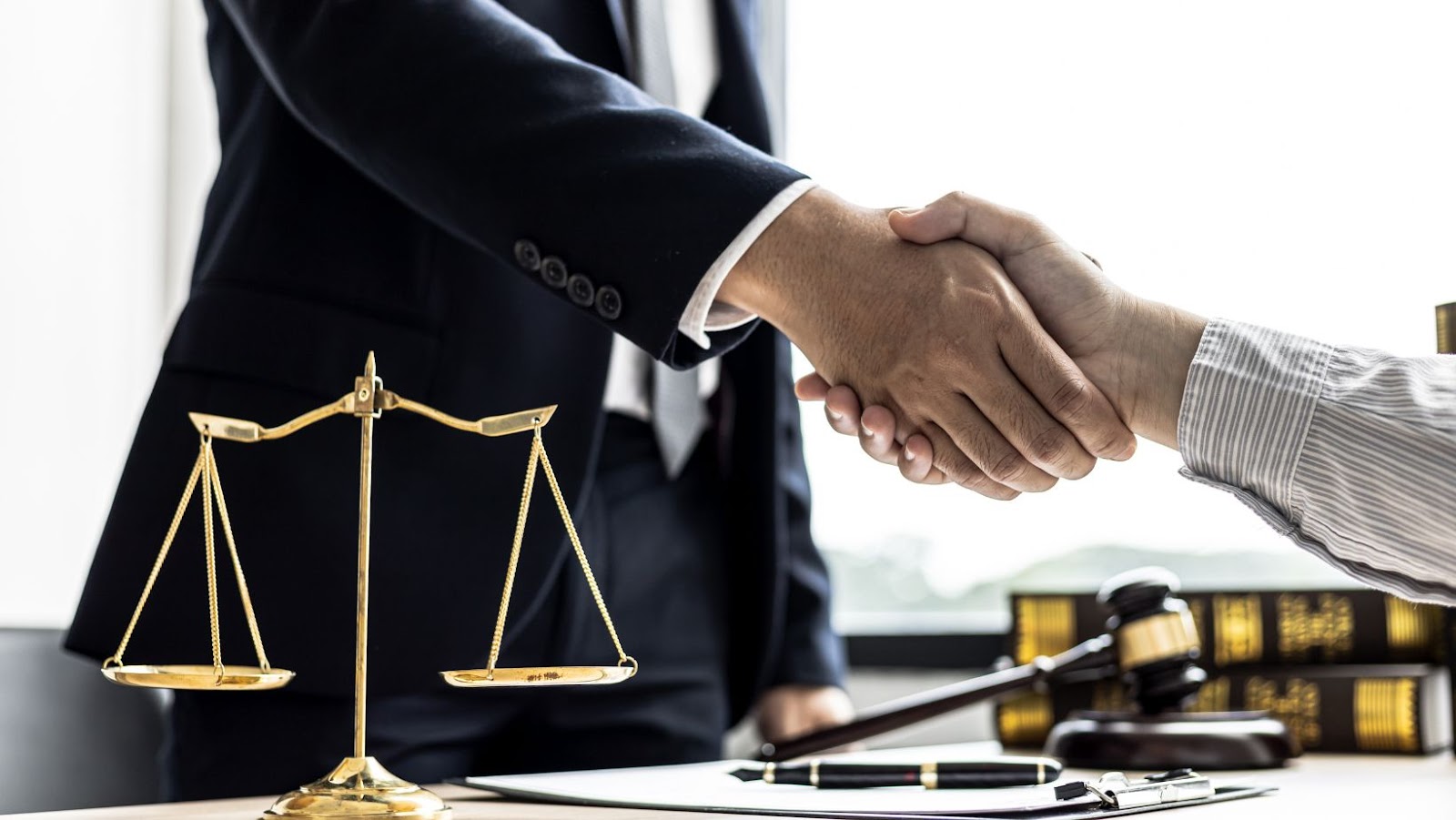Can I Sue My Employer for a Slip and Fall?

At Pratt Law Corporation, we understand that slip and fall accidents can be both physically and emotionally distressing. If you’ve experienced a slip and fall at your workplace, you may be wondering if you have grounds to sue your employer. The answer to this question depends on several factors, such as the circumstances surrounding the accident and the laws in your jurisdiction.
In general, employers have a legal obligation to provide a safe working environment for their employees. This includes taking reasonable measures to prevent slip and fall accidents. However, simply slipping or falling on your employer’s premises does not automatically mean you can sue them. To have a viable lawsuit against your employer, you typically need to show that they were negligent in maintaining a safe workplace or failed to address hazardous conditions that led to your accident.
If you believe that negligence on the part of your employer contributed to your slip and fall accident, it’s important to consult with an experienced attorney specializing in personal injury cases. They can assess the specific details of your situation and help determine whether pursuing legal action is appropriate. Remember, each case is unique, so it’s crucial to seek professional advice tailored to your circumstances.
Please note that I am not an attorney myself but rather an expert blogger providing general information based on my research and knowledge. For accurate legal advice regarding your specific situation, I recommend consulting with a qualified attorney from Pratt Law Corporation or another reputable law firm in your area.
Determining Liability in a Slip and Fall Accident
When it comes to slip and fall accidents, understanding who is liable can be a complex process. While I am not a legal expert, I can provide some general information to help you navigate this issue. Remember, it’s always best to consult with a professional such as Pratt Law Corporation for personalized advice on your specific situation.
- Property Owner Responsibility: In many cases, the property owner or occupier has a duty to maintain safe premises for visitors. This means taking reasonable steps to prevent hazards that could cause slip and fall accidents. However, simply because an accident occurs on someone’s property does not automatically make them liable.
- Negligence: To establish liability in a slip and fall case, you generally need to prove negligence on the part of the property owner or occupier. This involves demonstrating that they failed to take reasonable steps to address or warn about known hazards. For example, if there was a spillage in a supermarket aisle that went unattended for an unreasonable amount of time, resulting in your slip and fall, you may have grounds for pursuing legal action.
- Comparative Negligence: It’s important to note that liability may also be affected by comparative negligence laws in certain jurisdictions. These laws consider whether the injured party shares some responsibility for their own accident due to their actions or lack thereof (e.g., wearing inappropriate footwear). In these cases, damages awarded may be reduced based on the degree of shared fault.
- Expert Testimony: Determining liability often requires expert testimony from professionals with knowledge in areas like maintenance standards or safety regulations applicable to the specific location where the accident occurred. Their expertise can help establish whether proper precautions were taken or if there was negligence involved.
- Documentation and Evidence: Building a strong case relies heavily on documenting everything related to your slip and fall accident from start to finish. This includes taking photographs of the hazard that caused your fall, gathering witness statements, obtaining medical records, and keeping track of any expenses incurred as a result.
Remember, each slip and fall case is unique, so it’s crucial to consult with an attorney from Pratt Law Corporation who specializes in personal injury law. They can assess the specific details of your situation and guide you through the legal process to determine if pursuing a lawsuit against your employer is appropriate. Proving negligence on the part of your employer can be a crucial aspect when considering whether you can sue them for a slip and fall. In order to establish liability, you’ll need to gather evidence that demonstrates your employer’s failure to maintain a safe working environment. Here are some key points to consider when trying to prove negligence on the part of your employer:
- Duty of care: Your employer has a legal obligation, known as a duty of care, to provide a safe workplace for employees. This includes taking reasonable steps to prevent accidents and injuries such as maintaining clean and hazard-free floors, promptly fixing any slippery surfaces or broken equipment, and adequately training employees on safety procedures.
- Breach of duty: To prove negligence, you must show that your employer breached their duty of care. This could involve demonstrating that they failed to address known hazards or ignored safety regulations. For instance, if there were spills or leaks in the workplace that were not promptly cleaned up or if warning signs were not placed in areas where there was a risk of slipping.
- Causation: You need to establish a direct link between the breach of duty by your employer and the slip and fall accident you experienced. This means providing evidence that shows how their negligence directly contributed to your injury.
- Damages: It’s important to document any physical injuries sustained from the slip and fall incident along with associated medical expenses, lost wages due to time off work, pain and suffering endured, and any other relevant damages caused by the accident.
When pursuing legal action against your employer for a slip and fall incident, it is advisable to consult with an experienced attorney like Pratt Law Corporation who specializes in personal injury cases. They can guide you through the process, help gather necessary evidence, assess the strength of your case, and represent your interests in negotiations or court proceedings.
Remember that each case is unique and the outcome will depend on various factors such as local laws, the specific circumstances of your accident, and the evidence presented. It’s essential to seek professional legal advice to understand your rights and options when considering suing your employer for a slip and fall.
-
Personal Finance12 months ago
How Do I Find My UCAS ID Number?
-
Success6 years ago
Consistency: The Key Ingredient to Success
-
Personal Finance12 months ago
What Does Conditionally Approved Mean For An Apartment?
-
Motivation3 years ago
How To Become a More Organized Person?
-
Others5 years ago
Work Health and Safety: 8 Reasons to Maintain a Clutter-free Office
-
Entrepreneurs4 years ago
Why Diversity is Key in Business Marketing
-
HK Pools12 months ago
The HK Pools Forum Comunity Jos Markotop 2D Warna Kuning – A Great Way to Stay Connected
-
Sport2 years ago
What Makes Soccer Betting So Great?





























